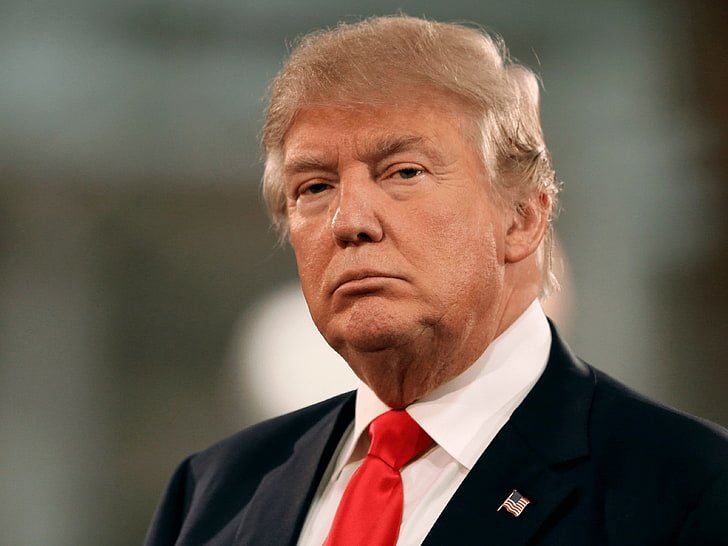India Urges OTT Platforms to Remove Pakistani Songs Amid Rising Tensions
India has recently directed Over-the-Top (OTT) and streaming platforms to remove all content made in Pakistan or featuring Pakistani artists. This directive falls under the framework of India’s Information Technology (IT) Rules and is being implemented due to national security concerns. The government believes this move is vital to safeguarding the country’s interests, especially during times of increased regional tension.
What Led to This Decision?
The directive is seen as a response to escalating geopolitical issues in the region. India and Pakistan have a long and complex history, with frequent strains in their relationship, especially over issues such as Kashmir, cross-border militancy, and diplomatic disagreements. Whenever tensions rise, the Indian government often reassesses its cultural and economic ties with Pakistan, and the entertainment industry is usually among the first areas to be affected.
According to officials, this latest decision is part of a broader strategy to ensure that all digital content aligns with India’s national priorities. The Ministry of Electronics and Information Technology has reminded platforms that they must comply with the IT Rules, which allow the government to take down any content that threatens the sovereignty or integrity of the nation.
Impact on Streaming Services and Viewers
Streaming services such as Netflix, Amazon Prime Video, Zee5, SonyLIV, and others operating in India are now expected to strictly follow this new guideline. They are being asked to remove any web series, films, music videos, or other digital content that features Pakistani actors, singers, directors, or production teams.
As a result, Indian viewers may soon find that many popular songs, dramas, and movies from across the border are no longer available. Pakistani artists have contributed significantly to the subcontinent’s entertainment industry, with their work appreciated and followed by many in India. Famous Pakistani musicians like Atif Aslam, Rahat Fateh Ali Khan, and Ali Zafar have previously enjoyed a massive fan base in India, as have TV dramas such as Humsafar and Zindagi Gulzar Hai, which aired on Indian platforms and gained wide popularity.
The decision will likely affect not just new content but also the vast archive of existing content available online. Platforms will need to audit their libraries and ensure compliance to avoid penalties or government interventionPakistani Songs
A Broader National StrategyPakistani Songs
Government sources emphasize that this is not merely a cultural or artistic matter, but a national security concern. In times of regional instability or conflict, controlling the narrative and ensuring that no foreign influence negatively impacts public opinion or morale becomes a top priority.
Officials argue that allowing Pakistani artists to have a presence in Indian digital media could be misused for propaganda or to subtly influence public perception. By removing such content, the government hopes to minimize any perceived risks and promote a more unified national sentiment.
Mixed Reactions from the Public and Industry
The move has sparked a variety of reactions across India. While some citizens and public figures have supported the decision, citing patriotism and national security, others see it as an unnecessary and politically motivated act that limits artistic freedom.
Many in the Indian entertainment industry, including producers, directors, and actors, are walking a fine line. Some have openly criticized the decision, saying that art and politics should be kept separate and that banning artists based on nationality goes against the spirit of cultural exchange and harmony.Pakistani Songs
Viewers on social media platforms are similarly divided. While a section of users believes this step is needed in the current political climate, others express disappointment over losing access to beloved Pakistani dramas and music.Pakistani Songs
Historical Context: Art vs. Politics
This is not the first time that India has limited Pakistani influence in its entertainment sector. After the 2016 Uri attack, there was a significant backlash against Pakistani artists working in Bollywood. Organizations like the Indian Motion Picture Producers’ Association (IMPPA) called for a ban on hiring Pakistani talent, and many artists were forced to cancel projects or leave the country.
Historical Context: Art vs. PoliticPakistani SongsPakistani SongsPakistani SongsPakistani SongsPakistani Songs
Despite such measures, there has always been a large audience in India for Pakistani content. Music collaborations, cross-border film festivals, and TV show syndication have created lasting connections between the two nations’ cultural landscapes. However, every time political tensions rise, these artistic collaborations become one of the first casualties.Pakistani Songs
The Legal Framework: IT Rules 2021
The recent decision is being enforced under the Information Technology (Intermediary Guidelines and Digital Media Ethics Code) Rules, 2021. These rules give the Indian government the authority to regulate online content and issue take-down notices for material that is deemed to threaten national security, public order, or morality.Pakistani Songs
Under these rules, streaming platforms are expected to take proactive measures to filter and monitor the content they host. Failure to comply could lead to penalties, including loss of safe harbor protections or even legal action.
The government has stated that these actions are part of an ongoing effort to make digital platforms more accountable and to ensure that content available to Indian audiences is aligned with national interests.\
See More :
Possible Consequences and Future OutlookPakistani Songs
The move may further strain cultural and diplomatic relations between India and Pakistan. It could also lead to similar actions being taken by the Pakistani government in retaliation, affecting Indian content in Pakistan.
Moreover, this may set a precedent for future decisions where art and politics intersect. The fear among many is that such actions could lead to a shrinking space for cultural dialogue and mutual understanding in a region already rife with division.
For now, the Indian government remains firm in its stance. Streaming platforms have been asked to act swiftly, and compliance checks are expected to intensify in the coming weeks.
Conclusion
India’s decision to remove Pakistani content from OTT platforms marks a significant development in the intersection of entertainment, technology, and politics. While the government argues that the move is necessary for national security, it has also ignited a debate on artistic freedom and cross-border collaboration.
As the geopolitical landscape continues to shift, the role of digital media in shaping public perception and national unity becomes more pronounced. Whether this measure achieves its intended goals or leads to unintended consequences remains to be seen. One thing is clear — the digital content industry in India is entering a new phase of regulation, where national interest takes center stage.




